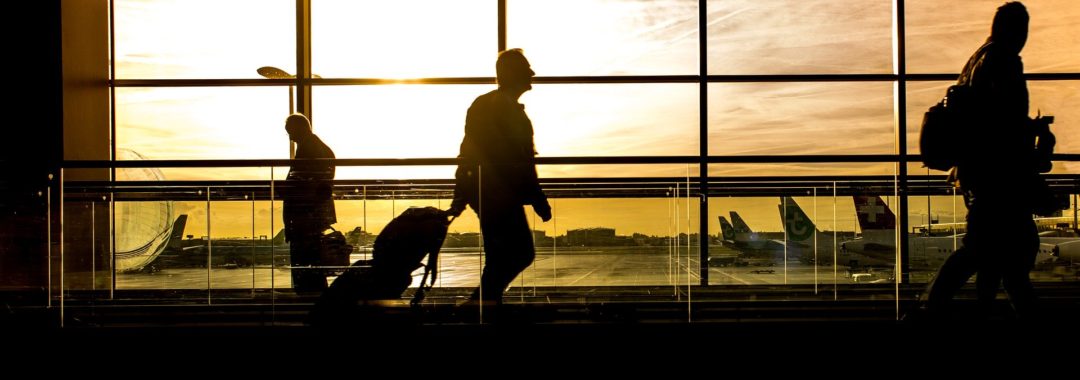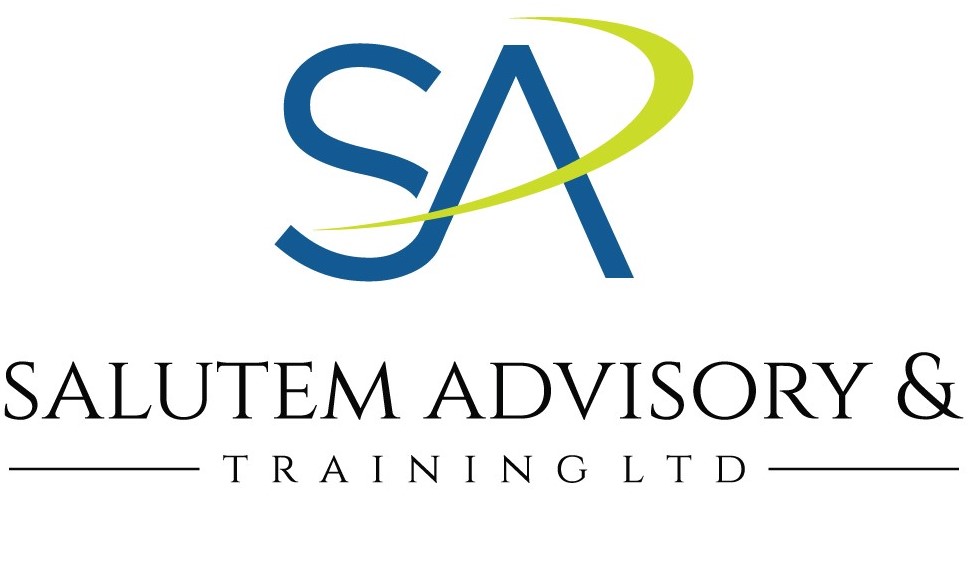
Coronavirus – COVID -19 & Business Travel Arrangements
CAN YOU AFFORD TO BE WITHOUT AN EMPLOYEE FOR AN EXTENDED PERIOD OF TIME ?
THE TRAVEL / NO TRAVEL DECISION ?
Protecting your employees especially with regard to travel plans
At this point we can say the Coronavirus isn’t just going to disappear and let us get on with our planned business & travel, so below is a few point to consider when reviewing travel plans.

Current Confirmed cases 80,289
Recovered 27,789
Deaths 2,704 (at the very bottom is a live link to up to the minute numbers worldwide. )
- All travel needs to be reviewed not just travel to China & Middle East.
Currently the confirmed cases for European countries are as follows
Germany 16
France 12
UK 13
Italy 270
Spain 3
Belgium / Finland & Sweeden 1 each.
Stateside the US have confirmed 53 cases with Canada confirming 11. So all told this is worldwide and ALL travel must be reviewed.
- To Manage travel risk ensure you have policies in place and that even normal regular travel is risk assessed. However a new risk assessment needs to be carried out and reviewed in some cases per trip / daily until this current crisis passes specifically with regard to COVID – 19 risk and control measures.
- Consider the necessity of travel – this needs real consideration with the present risks. Can video conferencing be used as an interim measure and post bone the need for travel ?
Fly / No Fly Decision
- If travel is deemed necessary then the risk needs to be proportionately managed , and controls identified and clearly implemented.
Things to consider in your risk assessment include Travel arrangements, the work itself, Airport transfers / stopovers, delays, potential to be quarantined either abroad / at home and the consequences of that. The persons own physical and mental health capabilities. The traveller must be included in this risk assessment and they need to be done individually and per trip.
- Should travel be planned then you need to have plans in place should an incident or emergency occur, this incident may or may not be related to coronavirus. For example a company decides to send an employee to an effected country , have identified all control measures, keeping travel short, quick business meeting and back out of the country quickly. They have conducted a risk assessment and put all control measures in place have now decided its Low risk. All is well until the employee ends up in a motor vehicle accident on route to / from airport, gets transferred to hospital and admitted for treatment. Now we have stay of indefinite duration in a known effected zone, in medical facility that has infected patients and the risk to the employee is now high, they have the complications of pre-existing injury if they are infected, either way on return home they will require quarantine.
SO THE QUESTION REALLY IS WHEN SENDING AN EMPLOYEE ON FOREIGN TRAVEL AT PRESENT IS CAN YOU AFFORD TO BE WITHOUT THEM FOR AN EXTENDED PERIOD OF TIME ???
- Face masks and all the other risk control measures you might consider putting in place – we will just look at face masks for now as they are in more hot demand than last christmas’s most sought after toy at present – they are currently selling for an absolute premium , why because most are manufactured in China !
Are they the perfect prevention tool ? – NO simply because the mask ceases to provide protection the fist time you put your hand to it, they are a short term barrier device , to give short term protection, they are not designed to be reusable. Every time you put your hand to the mask you transfer all germs from your hands to the mask – protection no longer exists. Healthcare professionals that wear masks on a daily basis receive training on the donning and removing of facemasks with regard to infection control.
Companies currently seem to think “well we will get you a box of face masks and then your grand to travel” this simply isn’t the case.
All travellers need relevant information, Instruction and training on the risks and controls involved, these will come to light in a full and comprehensive risk assessment of the proposed travel & the person(s) involved.
https://gisanddata.maps.arcgis.com/apps/opsdashboard/index.html#/bda7594740fd40299423467b48e9ecf6
References
US Centre for disease Control and Prevention
IOSH

